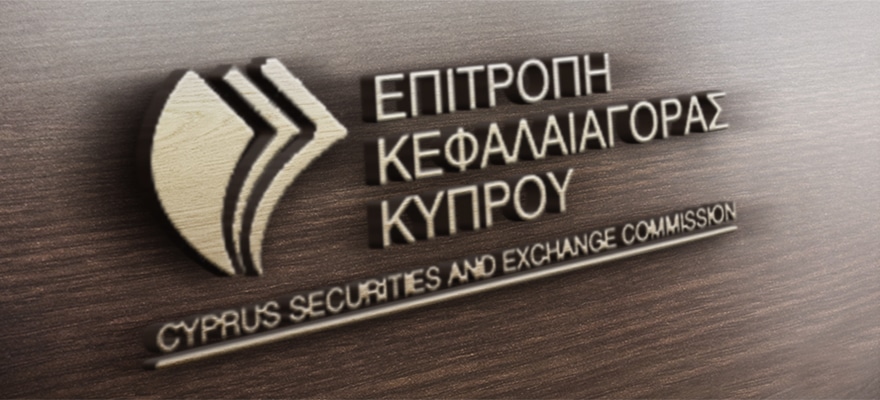As part of its continuing efforts to keep tight control over the financial industry in its jurisdiction, the Cyprus Securities and Exchange Commission (CySEC ) has sent out a notification to Cyprus Investment Firms (CIFs) on the changes to the definition of what constitutes a ‘significant’ CIF.
The London Summit 2017 is coming, get involved!
It says that if the total assets of the CIF, as in the most recent audited financial statement, is more than 43 million euros, or if the annual fees/commission income/turnover over the 12 months immediately prior to the date of the evaluation is more than 50 million euros, then the CIF will be termed a significant CIF.
Any company that holds client money worth more than 60 million euros, or that administers client assets worth more than 2 billion euros, will also be considered a significant CIF.
Periodical Assessment as Part of Self-Regulation
CySEC also says that it is the responsibility of the CIF to do a periodical assessment of whether it qualifies as a significant CIF. If it does qualify then it is supposed to establish and put in place comprehensive strategies and systems applicable to the designation, and this should be completed within 3 months of it satisfying any of the above criteria.
The CIF must also inform CySEC immediately once it has established, in its periodical assessment, that it has become a significant CIF, and it should submit a new organisational structure to the regulator.
This follows the slew of measures taken by CySEC over the last few months under its Chairwoman Demetra Kalogerou to clean up and regulate CIFs to ensure compliance with existing regulations.
CySEC hopes that by setting out clear guidelines of the obligations of CIFs, the financial firms under its jurisdiction will be encouraged to self-assess and self-regulate which would ensure an easy and highly controlled regulatory ecosystem. This would in turn foster fruitful relationships between the firm, their clients and the regulatory watchdog.

















